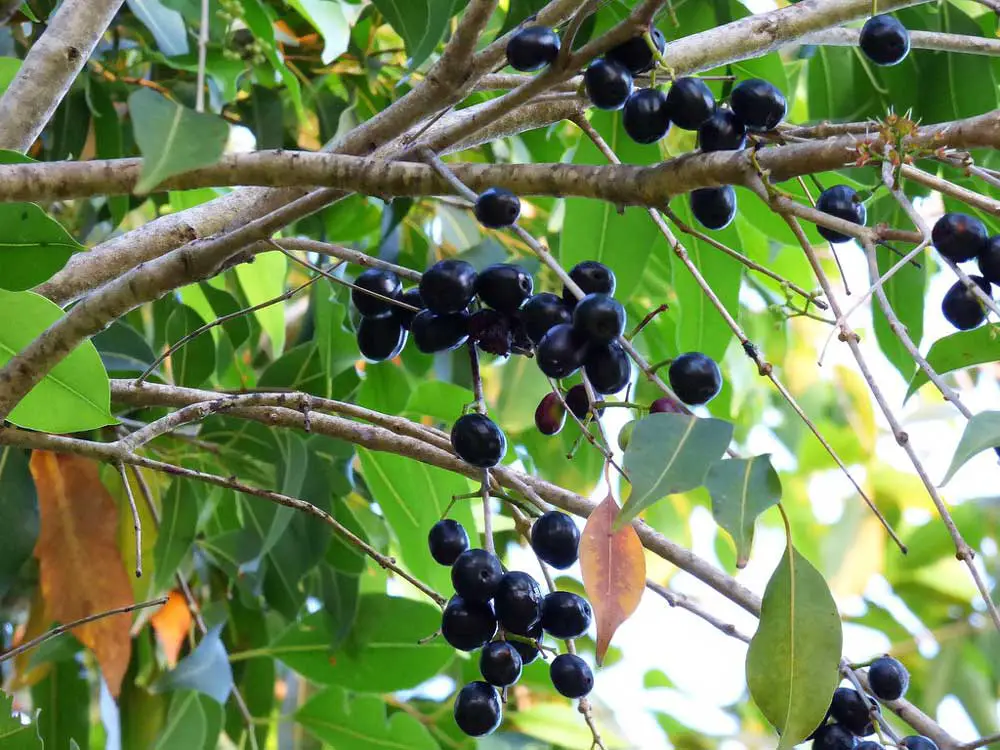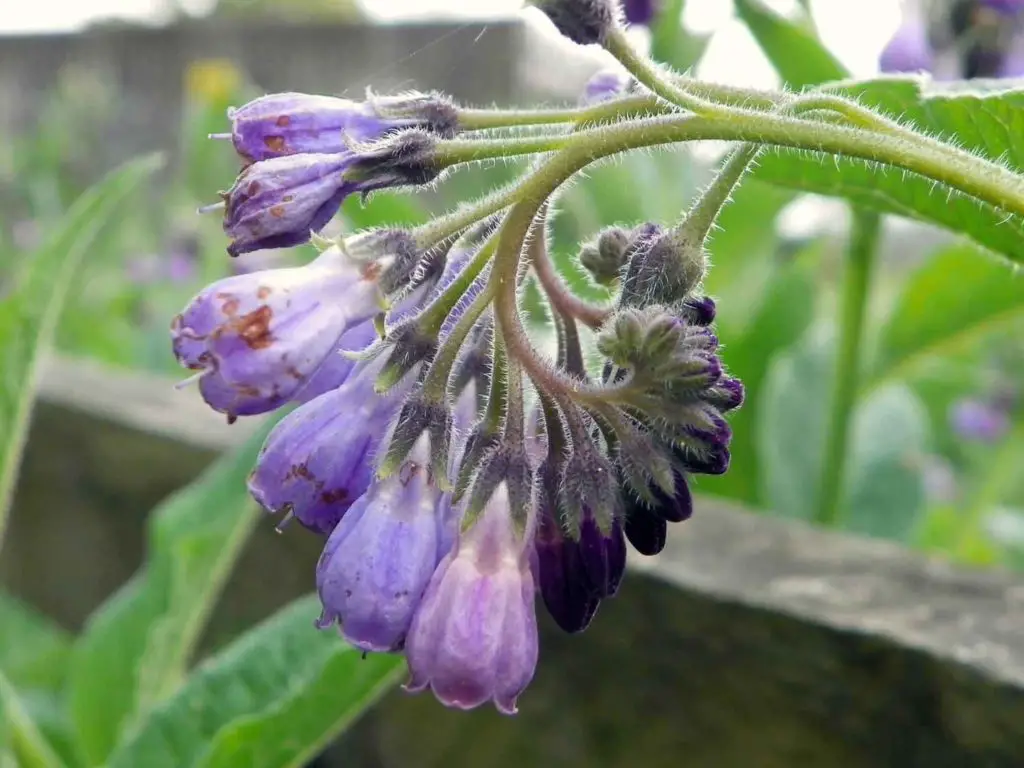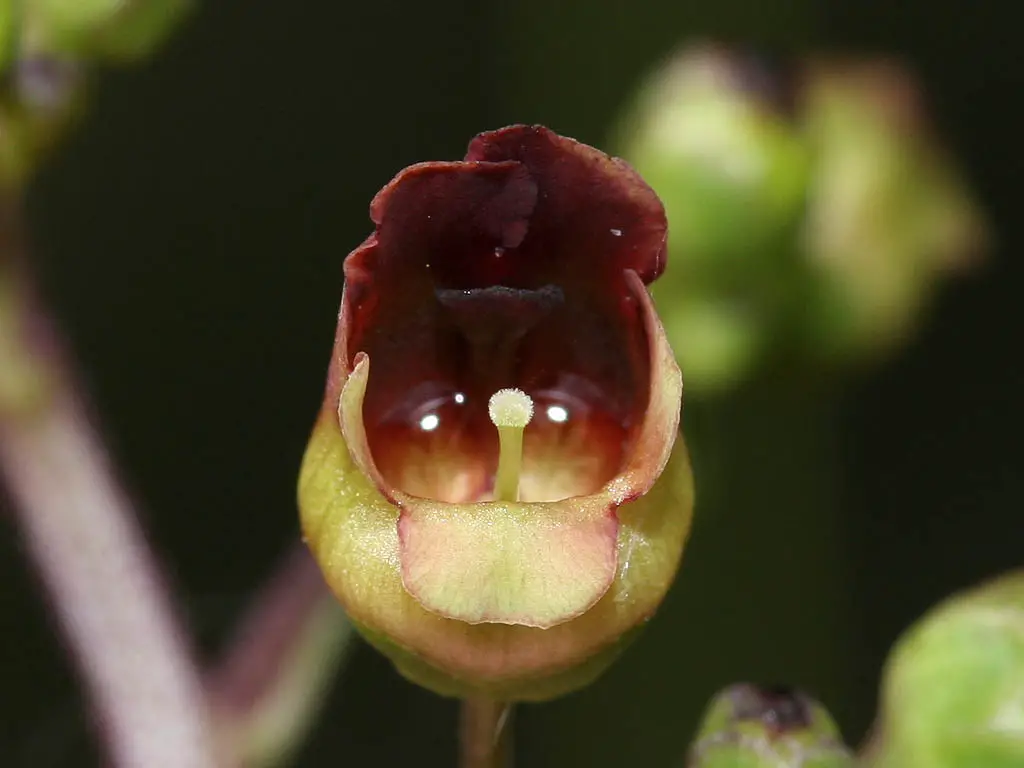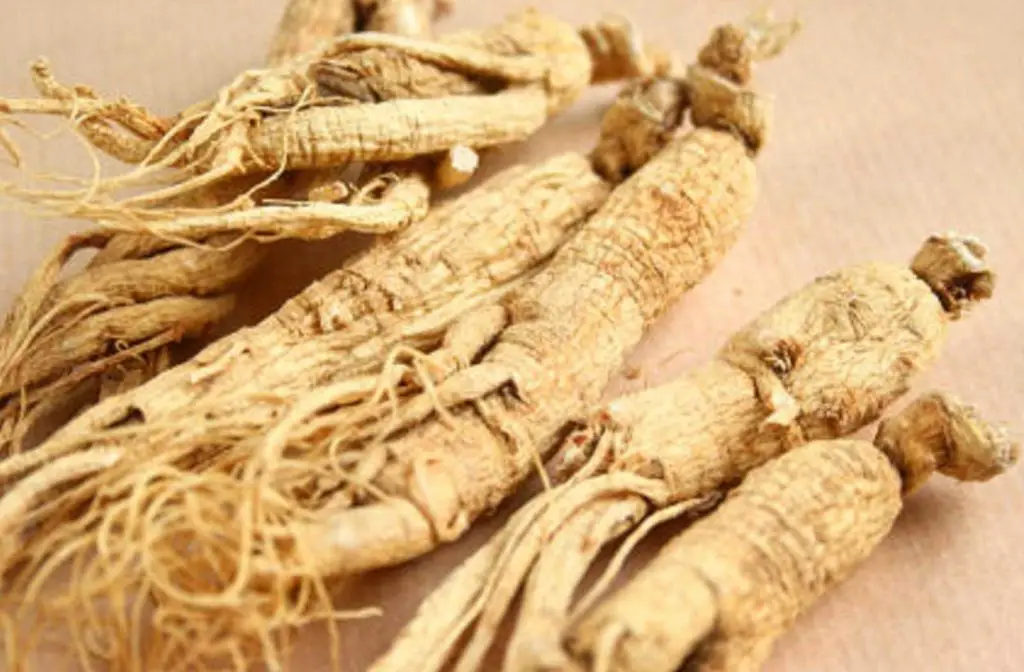What is Jamun Fruit?
Syzygium cumini, alternatively known as the black plum, Java Plum, Jambolan, or jamun, is a small, berry-like fruit native to Southeast Asia.
It is small in size, but contains plentiful amounts of nutritional value. Despite its relative obscurity, the dark-colored fruit is perceived by many as a magical elixir, with numerous health benefits ready to be bestowed upon those who consume it. The jamun fruit has been an important element of numerous religious practices and belief. For instance, in ancient Hindu mythology, a giant jamun tree was believed to be placed in the center of the Earth. However, throughout history, the black plum has spread beyond its home country due to its popularity with migrators and globetrotters. Presently, the fruit can be found in places far away from India, such as within the continent of South America and across the United States, wherein a jamun tree was first introduced in the state of Florida during the beginning of the 20th century.
Taste
A jamun has an intense sweet taste that leaves a dark purple stain on the surface of the tongue. However, sweetness is not the only layer of flavor present within the berry. A striking hint of acidity is one of its trademark features, and one that sets the jamun apart from numerous other fruits. Upon biting into a jamun, a saccharine sting is present, loosely similar to that of a strawberry or orange. Such a taste has frequently been likened to other, more widespread fruits, such as blackberries, but there is no exactly comparable flavor. The most simple way to describe the unique flavor of the purple fruit is bittersweet.
Nutrition
Jamun, revered as the ‘fruit of the gods,’ is abundant in a variety of nutrients. This dark berry contains exuberant amounts of vitamin C, vitamin B, iron, and magnesium, as well as substantial amounts of vitamin A, protein, calcium, and potassium. The Java plum can also serve as a powerful antioxidant, for many anthocyanins are present within its small, fleshy body. In addition, jamun seeds and leaves contain significant quantities of essential oils.
Benefits and uses
Jamun, a fruit known to contain great nutritional properties, contains many benefits associated with its consumption and usage, such as:
Interested in more Super Fruits? Check out Maqui Berry.
May Lower Blood Sugar
In spite of its sweet taste, jamun is a clinically proven anti-diabetic. This is because jamun seeds carry substances known as jambosine and antimelline. Jambosine and antimelline are known to slow down the conversion of starch into sugar within the body. As a result, the chances of an abrupt and dangerous spike in blood sugar levels when the starch in food is metabolised are decreased substantially. (Ayyanar & Subash-Babu, 2012)
Research suggests that the optimal way for diabetics to benefit from the super fruit is to ingest it in the form of powder. A 2017 study from the Journal of Medical Society found that consuming jamun seed powder orally every day for 60 days helped to appreciably reduce blood glucose. (Sidana, Singh, Meena, Beniwal, Singh, Kumar, & Singla, 2017)
Skin Issues
For individuals with excessively oleaginous skin, jamuns may prove to be a noteworthy remedy. Due to its astringent properties, jamun can be an efficacious antidote for an overly greasy face. Applying a face mask made of jamun pulp regularly is likely to alleviate the skin’s natural oil secretion. Black plums may also help with the dissolution of other skin conditions, such as acne, pimples, and dark spots. Creating a concoction consisting of dry jamun seeds and milk and applying it to affected skin nocturnally may bring favorable results over a period of time.
Furthermore, jamuns are rich in iron, a mineral which is responsible for cleaning and purifying the blood, as well as creating normal red blood cells and facilitating the production of haemoglobin. This, in turn, is likely to result in healthy skin, nails, and hair. Sufficient quantities of iron can also combat anemia caused by iron deficiency.
Immune System Support
Because of their abundance of vitamin C, jamuns are valuable to the immune system. The immune system is the body’s defense mechanism against illness. According to many studies, the immune system is heavily sustained by foreign vitamin C intake, as said vitamin is essential in repairing body and cell tissue, and the body is unable to produce it intrinsically. (Ramteke, Kurrey & Kar, 2014; Ströhle & Hahn, 2009)
The fruit also contains an array of antioxidants. These antioxidants are as crucial as vitamins in helping to keep the immune system vigorous and ready to guard the body. (2014) In addition, according to the Food Research International Journal, jamun has been found to contain various antibacterial and antifungal properties that may aid the immune system in protecting the body from many viral diseases and infections, such as the common cold. (Baliga & Palatty, 2011)
Promotes Weight Loss
Jamuns are low in calories. As a result, they can make for healthy snacks that satiate hunger while encouraging weight loss at the same time. Due to high fiber content, jamuns can produce a sensation of feeling full for much longer, which can productively reduce the urge to eat more. This may gradually lead to reduced weight. In addition, the fiber content in jamun is known to assist and ease the body’s digestive processes, which may further support weight loss management. Moreover, because of their high sugar content, the fruits can provide sufficient energy to encourage a more rigorous exercises. Again, this can lead to weight loss over a period of time.
Heart Support
Studies allude to a positive correlation between consumption of Java plums and patients with high blood pressure. Because the fruit contains notable levels of potassium, which widens and relaxes the blood vessels, the risk of stroke, heart attack, and atherosclerosis is greatly diminished. Moreover, triterpenes have found to be present within jamun. Triterpenes are a type of chemical. They have been clinically proven to steadily prevent and slow down the accumulation of cholesterol in the body. (Han & Bakovic, 2015) Excessive amounts of cholesterol can be detrimental to the heart and arteries.
Cancer
The black plum not only has the ability to prevent the apparition of cancer, but it can also fight against cancerous cells already present within the body. The fruit possesses several phytochemicals, including polyphenols. Polyphenols carry anthocyanins, water-soluble pigments known to combat lethal cancer cells. Additionally, flavonoids, ellagic acids and gallic acids, also present in jamuns, have the capacity to prevent cancer in the body and encourage the inhibition and destruction of cancerous cells. (2014)
Editor’s Note
Consult with your doctor and oncologist before taking anything in addition to your prescribed cancer treatments.
Jaman Fruit Dosage
Currently, there is not enough data to determine the exact range of doses for the Java Plum. A healthy dose of Jamun can depend on several factors, such as the age and health levels of the consumer, among other things. It should be kept in mind that fruits, despite being natural products, are not always safe to consume. It is imperative to follow directions embedded in product labels and to consult a pharmacist, physician or other qualified healthcare professional prior to ingesting disreputable goods.
Jamun Fruit Side Effects, Safety, Dangers and Warnings
As with any product, side effects are a potential consequence of ingestion. The most notable side effect of Jamun includes dangerous consequences on people who have chronic hypoglycemia, or low blood sugar, as the fruit has been proven to substantially decrease sugar levels in the blood. This may be extremely dangerous for individuals taking blood sugar-lowering drugs. It may also be fatal to those awaiting surgery. The Java Plum is also a clotting agent, hence, it can be harmful for individuals with atherosclerosis or a history of blood clots. It may incite coughing, congestion, pain, and fever when taken in excessive quantities. Symptoms of vomiting may appear. Insomnia may appear.
It is important to note that jamuns available in the market may be susceptible to contamination with dirty water; as such, consuming improperly cleaned fruits may cause health issues, such as diarrhea, if the correct hygienic conditions are not maintained. Jamuns should not be taken on an empty stomach. Jamuns should be eaten in moderation.
Pregnancy
Regardless of a lack of dosage, it is safe to assume that there is little to no risk that comes with eating jamuns during gestation. The presence of many antioxidants, potassium, and vitamin C, among other minerals, can aid proper fetal growth and development. In addition, because jamuns have been proven to be highly beneficial in treating diabetic patients, during pregnancy, the black plum may prove to also aid in fighting gestational diabetes.
References:
Muniappan Ayyanar and Pandurangan Subash-Babu (2011, Sep 27). Syzygium cumini (L.) Skeels: A review of its phytochemical constituents and traditional uses Retrieved from https://www.ncbi.nlm.nih.gov/pmc/articles/PMC3609276/#__ffn_sectitle
S Sidana, VB Singh, BL Meena, S Beniwal, K Singh, D Kumar, R Singla (2017, Aug 17). Effect of Syzygium cumini (jamun) seed powder on glycemic control: A double-blind randomized controlled trial Retrieved from https://www.ncbi.nlm.nih.gov/pmc/articles/PMC3609276/#__ffn_sectitle
Vikas Ramteke, Vivek Kumar Kurrey, Sonali Kar (2015, Jul). Jamun A traditional fruit and medicine Retrieved from https://www.researchgate.net/publication/304274138_Jamun_A_traditional_fruit_and_medicine
Manjeshwar Shrinath Baliga, Princy Louis Palatty (2011, Aug). Phytochemistry, traditional uses and pharmacology of Eugenia jambolana Lam. (black plum): A review Retrieved from https://www.ncbi.nlm.nih.gov/pmc/articles/PMC3609276/#__ffn_sectitle
Nayoung Han, Marica Bakovic (2015, Jan). Biologically Active Triterpenoids and Their Cardioprotective and Anti- Inflammatory Effects Retrieved from https://www.ncbi.nlm.nih.gov/pmc/articles/PMC3609276/#__ffn_sectitle
Ströhle A, Hahn A. (2009, Feb). [Vitamin C and immune function]. Retrieved from https://www.ncbi.nlm.nih.gov/pmc/articles/PMC3609276/#__ffn_sectitle





